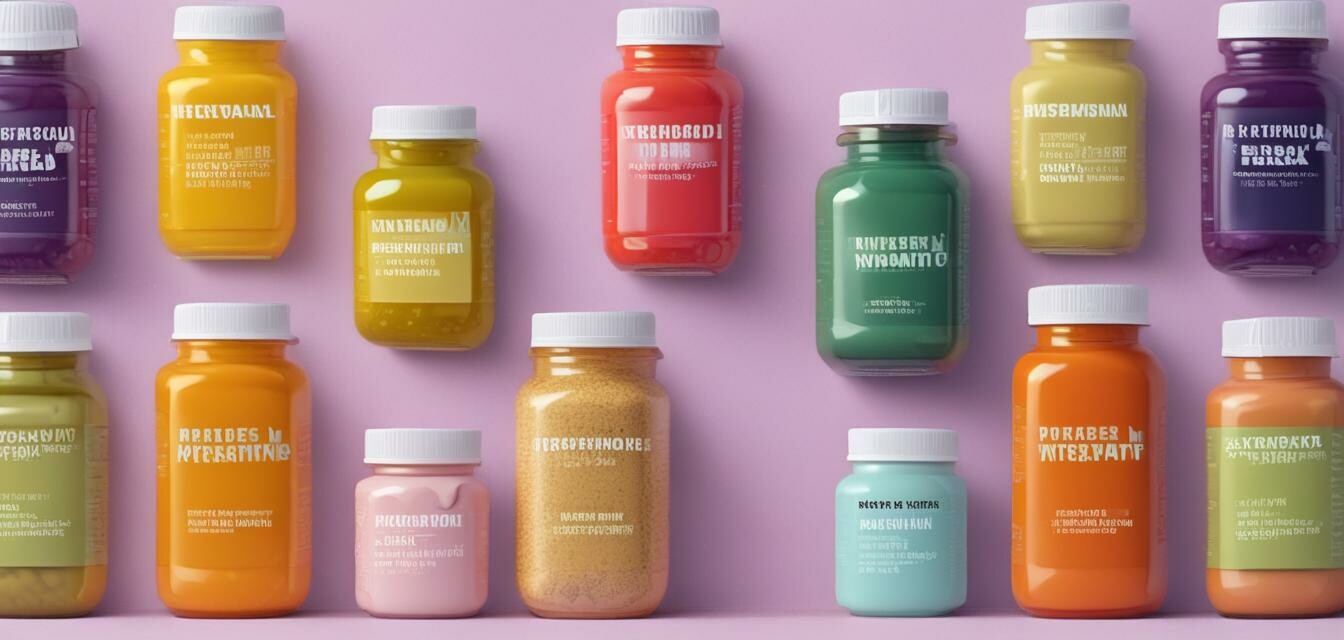
Clarifying Prenatal Vitamin Labels: What Do They Mean?
Key Takeaways
- Understanding prenatal vitamin labels can empower expectant mothers to make informed choices.
- Prenatal vitamins contain essential nutrients like folic acid, iron, and calcium.
- Look for certifications and nutritional claims to ensure quality and safety.
- Consult with healthcare professionals for personalized advice regarding supplementation.
Choosing the right prenatal vitamin is an important decision for expecting mothers, and understanding what the labels mean can make this task easier. With various options available in the market, knowing how to decode the labels can empower you to select the best prenatal multivitamin for your needs. In this guide, we will cover essential elements to look out for in prenatal vitamin labels.
Why Prenatal Vitamins Matter
Prenatal vitamins are specifically formulated supplements that pregnant women take to provide essential nutrients for their own health and that of their developing baby. They contain higher concentrations of certain vitamins compared to standard multivitamins. Understanding these essential components is crucial for making informed choices.
Key Nutrients Found in Prenatal Vitamins
| Nutrient | Importance |
|---|---|
| Folic Acid | Supports fetal brain and spine development. |
| Iron | Essential for oxygen transportation in the body. |
| Calcium | Important for the development of baby's bones and teeth. |
| DHA | Supports brain and vision development. |
Decoding Prenatal Vitamin Labels
The labels on prenatal vitamins may seem overwhelming at first glance, but they provide crucial information that can guide your choice.
Reading the Ingredients List
The ingredients list is the most informative part of any supplement label. Here’s how to interpret it:
- Active Ingredients: Look for key vitamins and minerals mentioned above (like folic acid, iron, etc.).
- Inactive Ingredients: These are fillers and binders; they are usually safe, but it's good to be aware of them.
Understanding Nutritional Claims
Nutritional claims can often be found on the front label. Some common ones include:
- Certified Gluten-Free: If you have gluten sensitivities, this certification is crucial.
- Non-GMO: Indicates that the product does not contain genetically modified organisms.
For more information about certified gluten-free vitamins, check our Certified Gluten-Free Vitamins page.
Certifications to Look For
Many prenatal vitamins come with certifications that can help indicate their quality:
- USP Verified: This certification means that the product has been independently tested for quality and purity.
- NSF Certified: Similar to USP, this certification assures that the product meets strict guidelines for quality.
The Importance of Dosage
The dosage of nutrients is also listed on the label. Here are some tips for understanding dosage:
| Nutrient | Recommended Daily Allowance (RDA) |
|---|---|
| Folic Acid | 600 mcg |
| Iron | 27 mg |
| Calcium | 1000 mg |
Consulting with Healthcare Professionals
While understanding label information is essential, consulting with a healthcare professional can provide personalized recommendations. It's always best to discuss your prenatal vitamin needs with your doctor or a registered dietitian to ensure you are making the right choice.
Conclusion
Understanding prenatal vitamin labels is a vital step for every expecting mother. By familiarizing yourself with key nutrients, reading ingredient lists, and recognizing certifications, you can confidently choose the right prenatal multivitamins to support your health and that of your baby. For more comprehensive insights, feel free to check our Buying Guides section for additional information.
Pros
- Empowers women to make informed choices.
- Enables effective planning for prenatal nutrition.
- Helps improve health outcomes for mothers and babies.
Cons
- Complexity of labels can be overwhelming for some.
- May lead to misinformation if not understood properly.
Additional Resources
If you're looking for more tips on healthy pregnancy, take a moment to visit our Healthy Pregnancy Tips section for more useful guidance.
